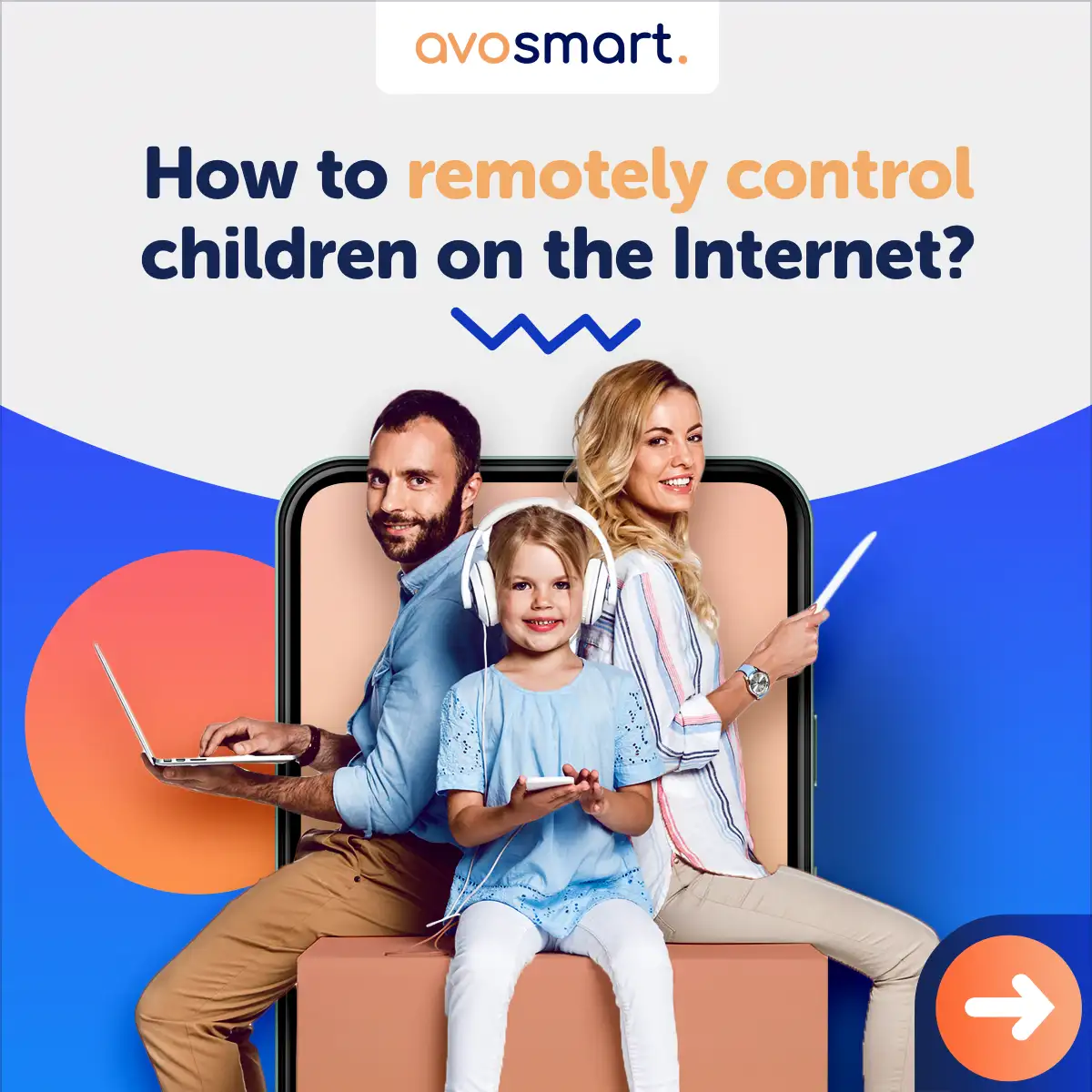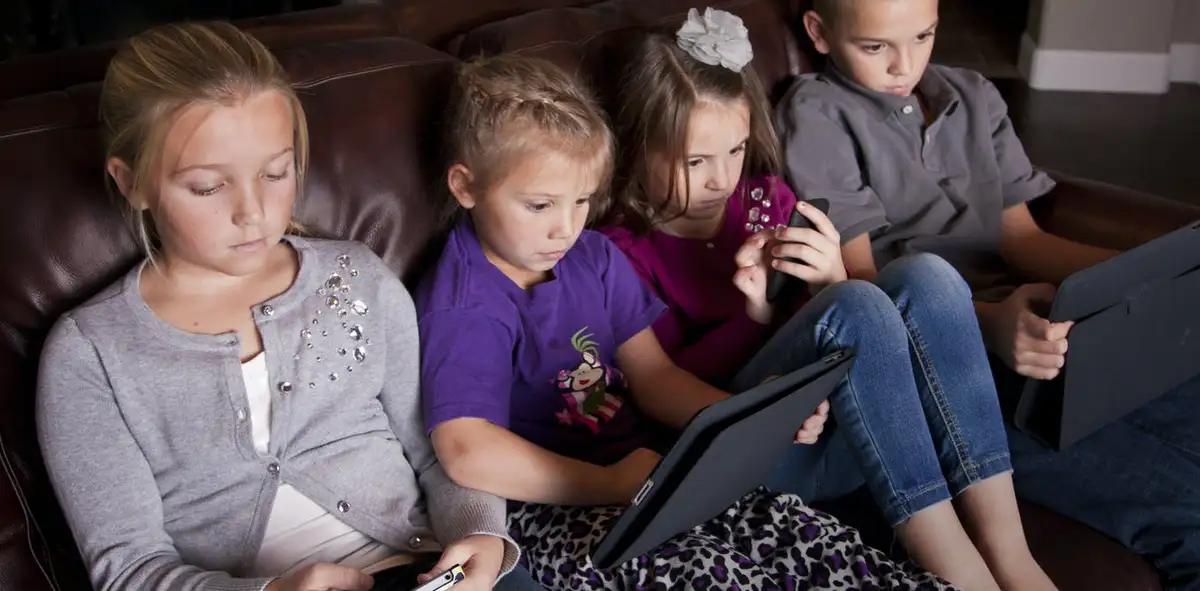How to Effectively Monitor Your Child's Media Consumption
As parents, we strive to ensure our children's well-being and development. One significant aspect of modern parenting is keeping a watchful eye on our children's media consumption. In this comprehensive guide, we will share valuable insights and practical advice on monitoring and managing your child's media usage to promote healthy habits and ensure a positive impact on their lives.
Understanding the Impact of Media on Children
Psychological Effects
Media can significantly influence children's psychological development. Exposure to violent or age-inappropriate content may cause anxiety, aggression, or desensitization. Conversely, educational and age-appropriate content can enhance cognitive abilities and emotional intelligence.
Physical Health
Excessive screen time can lead to sedentary lifestyles, increasing the risk of obesity, poor posture, and sleep disturbances. Encouraging children to balance screen time with physical activities promotes overall well-being.
Social Development
Children learn social skills and form relationships through interactions with peers and adults. Excessive media consumption can hinder social development and weaken interpersonal connections.
Setting Healthy Boundaries: Rules and Guidelines
Establishing Age-Appropriate Limits
Create screen time limits based on your child's age and maturity level. The American Academy of Pediatrics recommends the following guidelines:
- No screen time for children younger than 18 months
- 1 hour per day for children aged 2-5 years
- Consistent limitations for children aged 6 years and older
Balancing Online and Offline Activities
Encourage your child to participate in a variety of offline activities, such as sports, reading, or arts and crafts, to foster well-rounded development.
Promoting Educational and Quality Content
Help your child select age-appropriate, educational, and enriching media to maximize positive impact.
Active Parental Involvement: Strategies for Success
Co-Viewing and Co-Playing
Join your child during screen time to better understand the content they consume, discuss important themes, and provide guidance.
Encouraging Open Communication
Foster an environment where your child feels comfortable discussing their media experiences and asking questions.
Utilizing Parental Controls
Use parental control tools to restrict access to age-inappropriate content and monitor usage.
The Benefits of a Family Media Plan
A family media plan outlines guidelines and expectations for media usage, creating a shared understanding and promoting healthy habits. Include the following elements in your plan:
- Screen time limits
- Media-free zones and times
- Content selection criteria
- Rules for safe online behavior
Evaluating Media Content: What to Look For
Educational Value
Choose content that promotes learning, critical thinking, and problem-solving skills.
Positive Messages
Opt for media that encourages empathy, kindness, and cooperation.
Diversity and Inclusivity
Select a content that represents diverse perspectives, cultures, and backgrounds.
As parents, we play a crucial role in shaping our children's media consumption habits. By understanding the impact of media, setting healthy boundaries, actively engaging with our children, and creating a family media plan, we can ensure a positive and enriching media experience for our kids.
Avosmart: The Ultimate Parental Control Application for a Safe and Balanced Digital Experience
 In today's digital age, ensuring our children's safety and well-being online is a top priority for parents. Avosmart, a high-quality parental control application, offers a comprehensive solution to help parents protect their children on the Internet while fostering a balanced and healthy digital experience.
In today's digital age, ensuring our children's safety and well-being online is a top priority for parents. Avosmart, a high-quality parental control application, offers a comprehensive solution to help parents protect their children on the Internet while fostering a balanced and healthy digital experience.
Key Features of Avosmart
1. Time Limits for Games, Applications, and Websites
Avosmart allows parents to set daily or weekly time limits for their children's access to games, applications, and websites. This feature helps encourage responsible screen time habits and ensures a balanced approach to technology use.
2. Time Scheduling for Websites and Apps
With Avosmart, parents can create custom schedules for their children's access to specific websites and apps. This feature ensures that children use digital devices during appropriate hours and minimizes distractions during homework or bedtime.
3. YouTube Monitoring
Avosmart's YouTube monitoring feature enables parents to track their children's viewing history and gain insights into the content they consume. This information helps parents ensure their children engage with age-appropriate and enriching content.
4. Social Media Monitoring
Avosmart empowers parents to monitor their children's social media activity across various platforms, including TikTok, Facebook, Instagram, and Twitter. This feature helps parents stay informed about their children's online interactions and safeguard them against potential risks, such as cyberbullying and inappropriate content.
The Benefits of Avosmart for Parents
Peace of Mind
Avosmart provides parents with peace of mind, knowing their children's digital experiences are safe, secure, and age-appropriate.
Informed Decision-Making
By offering insights into children's online activities, Avosmart equips parents with the information they need to make informed decisions about their children's media consumption.
Enhanced Communication
Avosmart encourages open communication between parents and children about digital habits and online safety, fostering trust and understanding.
Promoting Healthy Digital Habits
Avosmart helps parents instill healthy digital habits in their children by setting boundaries and promoting responsible screen time usage.
Avosmart is an essential tool for modern parents who want to protect their children on the Internet and create a balanced and secure digital environment. With its comprehensive set of features, including time limits, scheduling, and monitoring capabilities, Avosmart empowers parents to take control of their children's online experiences while promoting healthy digital habits.
What are the psychological effects of media on children?
Media can have both positive and negative psychological effects on children. Positive effects include the enhancement of cognitive abilities, emotional intelligence, and problem-solving skills when children engage with educational and age-appropriate content. On the other hand, exposure to violent, age-inappropriate, or harmful content can lead to increased anxiety, aggression, desensitization, and difficulties with emotional regulation.
How does media influence children's development?
Media can influence children's development in several ways, such as:
- Cognitive development: Educational and engaging content can help improve children's critical thinking, problem-solving, and language skills.
- Emotional development: Age-appropriate content that promotes empathy, kindness, and cooperation can foster emotional intelligence and positive emotional development.
- Social development: Media can expose children to diverse perspectives, cultures, and backgrounds, expanding their understanding of the world and fostering social awareness.
However, excessive exposure to harmful or inappropriate content can negatively impact cognitive, emotional, and social development.
How does social media impact child psychology?
Social media can impact child psychology in various ways:
- Self-esteem: Comparing oneself to others on social media can lead to feelings of inadequacy and lower self-esteem.
- Anxiety and depression: Excessive social media use has been linked to increased anxiety, depression, and social isolation among children and adolescents.
- Cyberbullying: Social media platforms can expose children to cyberbullying, resulting in emotional distress, anxiety, and depression.
On the positive side, social media can also provide opportunities for social connection, support, and validation when used in moderation and with parental guidance.
How does social media influence child development?
Social media can influence child development in several areas:
- Social development: Social media provides opportunities for children to connect with others, share experiences, and develop social skills. However, it can also lead to superficial connections, less time for face-to-face interactions, and hindered social development.
- Emotional development: Social media can expose children to a wide range of emotions and experiences, helping them develop empathy and emotional intelligence. Conversely, it can also contribute to negative emotions like envy, jealousy, and loneliness.
- Cognitive development: Social media can offer learning opportunities and access to diverse viewpoints, positively impacting cognitive development. However, it can also expose children to misinformation, limit their attention span, and diminish critical thinking skills.
Overall, the influence of social media on child development depends on the quality of online interactions, exposure to appropriate content, and parental guidance.
 In today's digital age, ensuring our children's safety and well-being online is a top priority for parents. Avosmart, a high-quality parental control application, offers a comprehensive solution to help parents protect their children on the Internet while fostering a balanced and healthy digital experience.
In today's digital age, ensuring our children's safety and well-being online is a top priority for parents. Avosmart, a high-quality parental control application, offers a comprehensive solution to help parents protect their children on the Internet while fostering a balanced and healthy digital experience.

